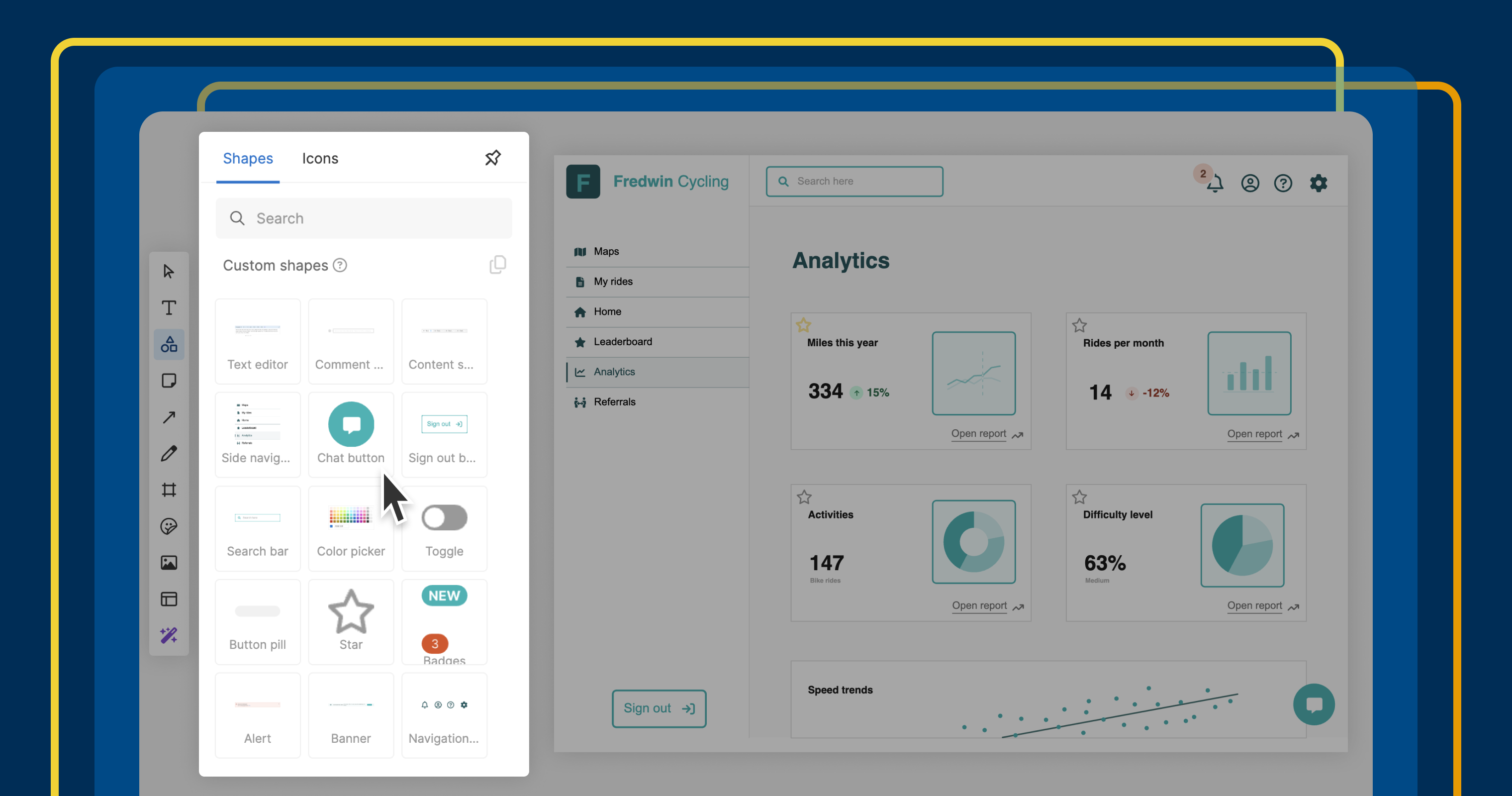How Precision CNC Machining Supports Custom Manufacturing and Design
Custom products often require unique features tailored to specific applications, such as aerospace components,
In today's competitive manufacturing landscape, the demand for custom-designed products is rapidly increasing. Companies strive to deliver products tailored to specific customer requirements, pushing the boundaries of creativity and technical innovation. One of the key technologies enabling this revolution is Precision CNC Machining. This advanced manufacturing method offers unparalleled accuracy, flexibility, and efficiency, making it indispensable for custom manufacturing and design.
Precision CNC machining allows manufacturers to transform complex digital designs into physical parts with exceptional detail and consistency. By leveraging computer numerical control (CNC) technology, this process automates machining operations to deliver precise, repeatable results. This article explores how precision CNC machining supports and enhances custom manufacturing and design, ensuring quality and innovation in modern production.
Understanding Precision CNC Machining in Custom Manufacturing
Precision CNC Machining is a manufacturing process that uses computer-controlled machines to produce highly accurate components. Unlike traditional manual machining, CNC machines follow programmed instructions derived from CAD (Computer-Aided Design) models, enabling precise control over cutting tools, speeds, and movements. This results in complex parts being created with micron-level accuracy and consistent quality, essential for custom manufacturing where exact specifications are critical.
Custom manufacturing demands flexibility and responsiveness to design changes. Precision CNC machining meets this demand by allowing manufacturers to quickly adjust production settings without retooling entire production lines. This agility ensures that prototypes, limited runs, and highly specialized parts can be produced efficiently. It bridges the gap between innovative design ideas and tangible, functional products.
Additionally, CNC machining supports a wide range of materials, from metals like aluminum and titanium to plastics and composites. This versatility is crucial in custom manufacturing, where the choice of material can significantly affect product performance, aesthetics, and cost. Precision CNC machining empowers designers and engineers to experiment with diverse materials while maintaining stringent tolerances.
Enhancing Design Complexity and Innovation with Precision CNC Machining
One of the greatest advantages of Precision CNC Machining in custom manufacturing is its ability to handle intricate and complex designs that are difficult or impossible to produce using traditional methods. CNC machines can execute multi-axis movements, enabling the creation of intricate geometries, undercuts, and detailed surface finishes. This capability expands design possibilities, allowing engineers and designers to innovate freely without being constrained by manufacturing limitations.
Custom products often require unique features tailored to specific applications, such as aerospace components, medical implants, or automotive parts. Precision CNC machining enables these features to be manufactured with exacting detail and repeatability. Designers can push the envelope with functional complexity, such as internal channels for cooling or lightweight lattice structures, confident that CNC machining can accurately realize these features.
Moreover, the integration of CNC machining with CAD and CAM (Computer-Aided Manufacturing) software streamlines the design-to-production process. Designers can simulate machining operations, optimize tool paths, and detect potential issues before manufacturing begins. This digital workflow reduces errors, shortens development cycles, and accelerates innovation, making precision CNC machining a cornerstone of custom product design.
Improving Quality and Consistency in Custom Manufacturing
In custom manufacturing, quality is paramount. Each product must meet stringent specifications to ensure functionality, safety, and customer satisfaction. Precision CNC Machining plays a critical role in delivering consistent quality across production batches, regardless of size. The automated nature of CNC machines eliminates human error, resulting in parts that adhere closely to design dimensions and surface finish requirements.
Precision CNC machining also enables real-time monitoring and quality control. Advanced CNC machines can be equipped with sensors and feedback systems that detect deviations during the manufacturing process. This allows for immediate adjustments, minimizing waste and reducing the risk of defective parts. Consequently, manufacturers achieve higher yield rates and maintain tight quality standards, even in small or custom production runs.
Furthermore, CNC machining supports the creation of prototypes that accurately represent final products. This precision is invaluable for testing and validation, allowing designers to verify fit, form, and function before full-scale production. High-quality prototypes reduce costly redesigns and speed up the time to market, demonstrating how precision CNC machining benefits the entire custom manufacturing lifecycle.
Reducing Lead Times and Cost Efficiency through Precision CNC Machining
Contrary to common perception, Precision CNC Machining can offer significant cost savings and faster turnaround times in custom manufacturing. Traditional manufacturing methods often require manual labor, specialized tooling, and extensive setup times, which increase costs and delay production. CNC machining automates these steps, allowing rapid changeover between jobs and reducing lead times.
Because CNC machines operate continuously with minimal human intervention, production schedules become more predictable and flexible. This is especially beneficial for custom manufacturing where batch sizes may be small or unique. Manufacturers can produce complex parts on demand, reducing inventory costs and avoiding overproduction. The scalability of CNC machining also supports both prototyping and volume production efficiently.
Additionally, advances in CNC technology, such as high-speed machining and multi-axis capabilities, improve material removal rates and reduce cycle times. These improvements translate directly to lower manufacturing costs. By minimizing scrap and rework through precise machining, manufacturers conserve materials and reduce waste. Precision CNC machining thus balances cost efficiency with the high quality required in custom design projects.
Supporting Sustainable and Future-Ready Custom Manufacturing
Sustainability is becoming an essential consideration in modern manufacturing, including custom manufacturing and design. Precision CNC Machining supports sustainable practices by maximizing material utilization and enabling the use of eco-friendly materials. Precise machining reduces excess waste compared to less accurate methods, and the ability to machine complex shapes from single blocks of material can eliminate the need for assembly, reducing additional resource consumption.
Moreover, CNC machining’s digital nature facilitates rapid prototyping and iterative design without excessive material use. Designers can test multiple variations quickly and efficiently, optimizing product performance and durability before committing to full-scale production. This iterative process reduces trial-and-error waste, contributing to more sustainable product development cycles.
Looking ahead, the integration of CNC machining with emerging technologies like Industry 4.0, IoT (Internet of Things), and AI-driven manufacturing promises to further enhance custom manufacturing. Smart CNC machines can optimize tool usage, predict maintenance needs, and dynamically adapt to design changes, driving efficiency and sustainability. As custom manufacturing continues to evolve, precision CNC machining will remain at the forefront, enabling innovation with minimal environmental impact.
Conclusion
Precision CNC Machining has revolutionized custom manufacturing and design by offering unmatched accuracy, flexibility, and efficiency. Its ability to transform complex digital designs into high-quality physical parts supports innovation and complexity that traditional methods cannot match. Precision CNC machining also ensures consistent quality, reduces lead times, and lowers costs, making it an invaluable asset for businesses seeking to deliver unique, custom products.
As industries continue to embrace customization and rapid product development, precision CNC machining will play an increasingly critical role. By integrating with digital design tools and sustainable manufacturing practices, it empowers manufacturers to meet modern demands with agility and responsibility. For anyone involved in custom manufacturing or design, understanding and leveraging the benefits of precision CNC machining is essential to staying competitive and innovative in today’s market.



















































































































![Are AI Chatbots Replacing Search Engines? AI vs Google [New Research]](https://www.orbitmedia.com/wp-content/uploads/2025/05/How-often-are-we-using-AI-chatbots_.webp)


































